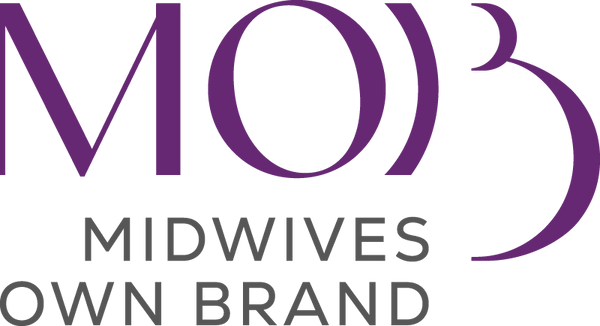
The Mysteries Behind Low Breast Milk Production
Lucy SutherlandShare
Breastfeeding is often regarded as a natural and beautiful bonding experience between mother and child. However, for some women, the journey of breastfeeding isn't as straightforward as expected. One of the most common challenges faced by new mothers is low breast milk production or supply. While this can be disheartening, understanding the medical factors behind it can offer clarity and potential solutions.
Gestational Diabetes
Gestational diabetes, a condition characterised by high blood sugar levels during pregnancy, may pose a risk for delayed onset of lactation. Hormonal imbalances associated with gestational diabetes, coupled with potential interventions like caesarean delivery due to a large baby or maternal stress, could contribute to this delay. It's a reminder that managing gestational diabetes not only benefits the mother's health but also potentially supports breastfeeding success. Through antenatal expressing using the colostrum collectors you can stimulate your supply for after baby’s birth.
Gestational Hypertension
Hypertension during pregnancy, particularly in the form of gestational hypertension or pre-eclampsia, can impact lactation in various ways. From delayed onset of lactation due to physiological stress to reduced milk supply caused by antihypertensive medications, the challenges abound. Moreover, maternal health complications stemming from hypertension can further complicate breastfeeding, underscoring the importance of closely monitoring maternal health during and after pregnancy.
Polycystic Ovarian Syndrome (PCOS)
PCOS, a hormonal disorder common among women of reproductive age, can affect the breast milk production process. Women with PCOS might experience delayed onset of lactation or struggle with maintaining an adequate milk supply due to hormonal imbalances and other associated health conditions like insulin resistance and obesity. Seeking support from midwives before your baby is born and postnatally can be instrumental in navigating these challenges and achieving breastfeeding success.
Sheehan's Syndrome
Sheehan's syndrome, although rare, is a serious condition resulting from severe blood loss during childbirth, leading to damage of the pituitary gland. This gland plays a pivotal role in hormone production, including those crucial for breast milk production. Women who have experienced significant bleeding during childbirth may need extra support in the postnatal period to stimulate their supply. This can be achieved through hand expressing or using the MOB breast pump.
Hypoplastic Breasts
Impaired mammary gland development, characterised by small or underdeveloped breasts, can significantly impact lactation. Hypoplastic breasts are usually diagnosed if the woman has had minimal breast growth during pregnancy, and is usually associated with other conditions such as polycystic ovarian syndrome (PCOS). From delayed onset of milk production to reduced milk production due to insufficient gland development there can be many challenges. Understanding the anatomy behind breastfeeding is vital in providing tailored support and guidance to women with hypoplastic breasts on their breastfeeding journey.
Breast Reduction Surgery
Breast reduction surgery, while often performed to alleviate physical discomfort, can have implications for breastfeeding. The surgical alteration of breast tissue may affect milk production and secretion, posing challenges for breastfeeding mothers. Consulting with a healthcare provider prior to undergoing such procedures and discussing potential implications for breastfeeding can help individuals make informed decisions.
In conclusion, while low breast milk production or supply can be frustrating, it's essential to recognise that various medical factors may contribute to this phenomenon. Seeking support from lactation specialists, maintaining open communication, and exploring tailored solutions can empower women to navigate these challenges and embark on a fulfilling breastfeeding journey. Remember, each breastfeeding journey is unique, and with the right support, success can be achieved. Check out our range of postpartum products that will help you navigate this important stage in you & your baby's life.
